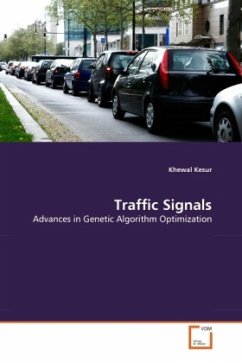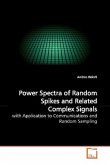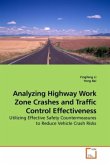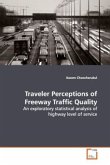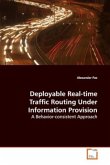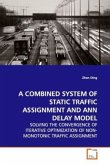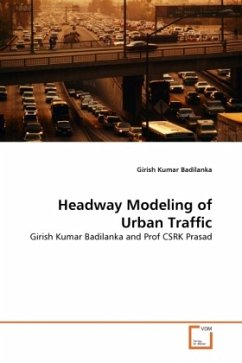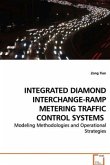Recent advances in the optimization of fixed time traffic signals have demonstrated a move towards the use of genetic algorithm optimization with traffic network performance evaluated via stochastic microscopic simulation models. This book examines methods for improved optimization. Several modified versions of the genetic algorithm and alternative genetic operators were evaluated on test networks. Application of the CHC search algorithm with real crossover and mutation operators was found to offer improved optimization efficiency over the standard genetic algorithm with binary genetic operators. Computing resources are best utilized by using a single replication of the traffic simulation model with common random numbers for fitness evaluations. Combining the improvements, delay reductions between 13%-32% were obtained over the standard approaches. A coding scheme allowing for complete optimization of signal phasing is proposed. Alternative delay measurements, amendments to genetic operators and modifications to the CHC algorithm are also suggested.
Bitte wählen Sie Ihr Anliegen aus.
Rechnungen
Retourenschein anfordern
Bestellstatus
Storno

